From August 13 to 15, the 1st International Hangzhou Nanoelectronics Summer School took place at the Hangzhou International Campus of Beihang University. The program was jointly organized by Hangzhou International Innovation Institute (H3I) of Beihang University and the National Key Laboratory of Spintronics, with strong support from the School of Integrated Circuit Science and Engineering of Beihang University. It was co-chaired by Zhao Weisheng, Vice President of Beihang University and Director of the National Key Laboratory of Spintronics, together with the Laboratory's Chief Scientist Zhao Jianhua and Executive Deputy Director Lin Xiaoyang.
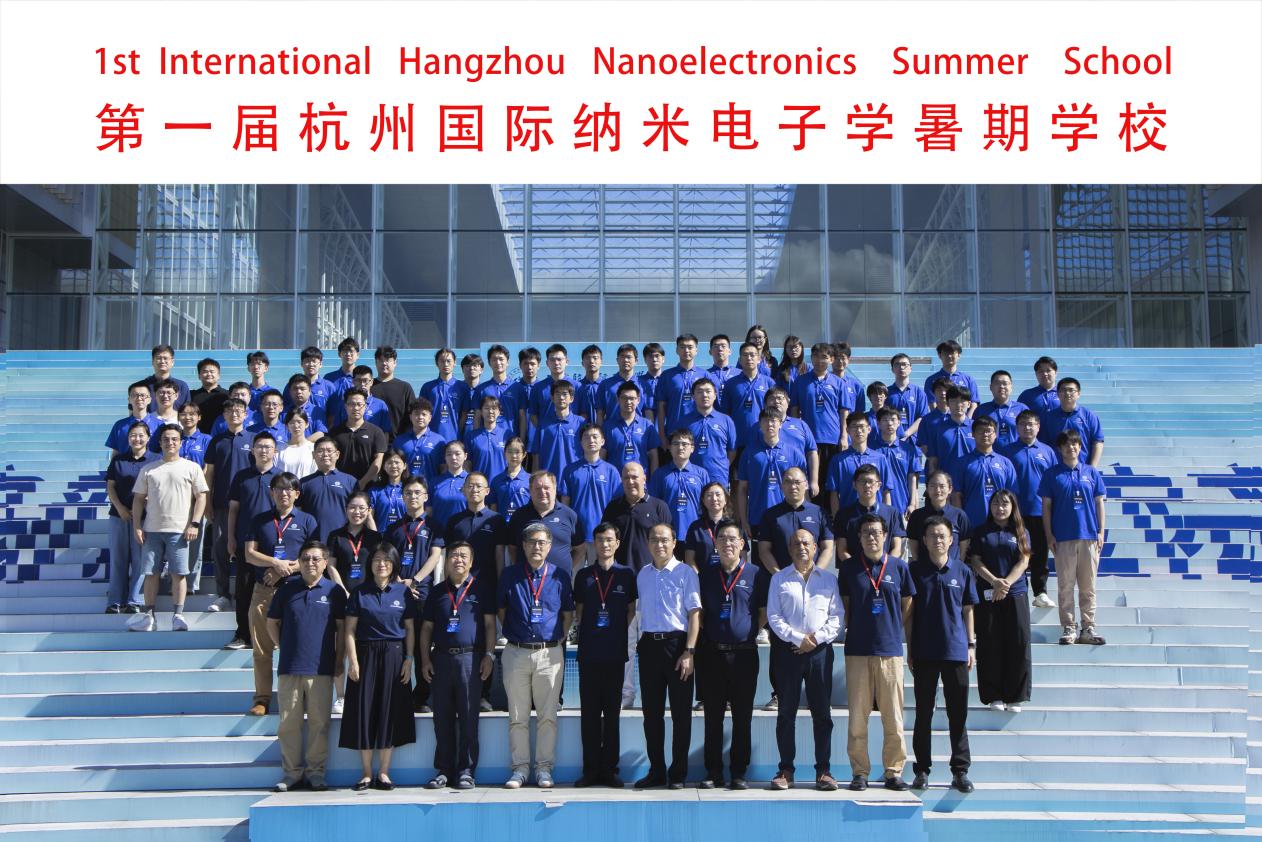
At the opening ceremony, Dong Zhuoning, Assistant President of Beihang University and Director of H3I, extended a warm welcome to scholars and students from all over the world. More than 100 faculty members and students from about 30 leading institutions gathered together to exchange ideas on the frontiers of nanoelectronics. These institutions included Korea University, Universiti Putra Malaysia (UPM), the University of Hong Kong, Tsinghua University, Zhejiang University, the Institute of Semiconductors of the Chinese Academy of Sciences, the University of Chinese Academy of Sciences, Shanghai Jiao Tong University, Sun Yat-sen University, Westlake University, Nanjing University, Southeast University, and Southern University of Science and Technology.
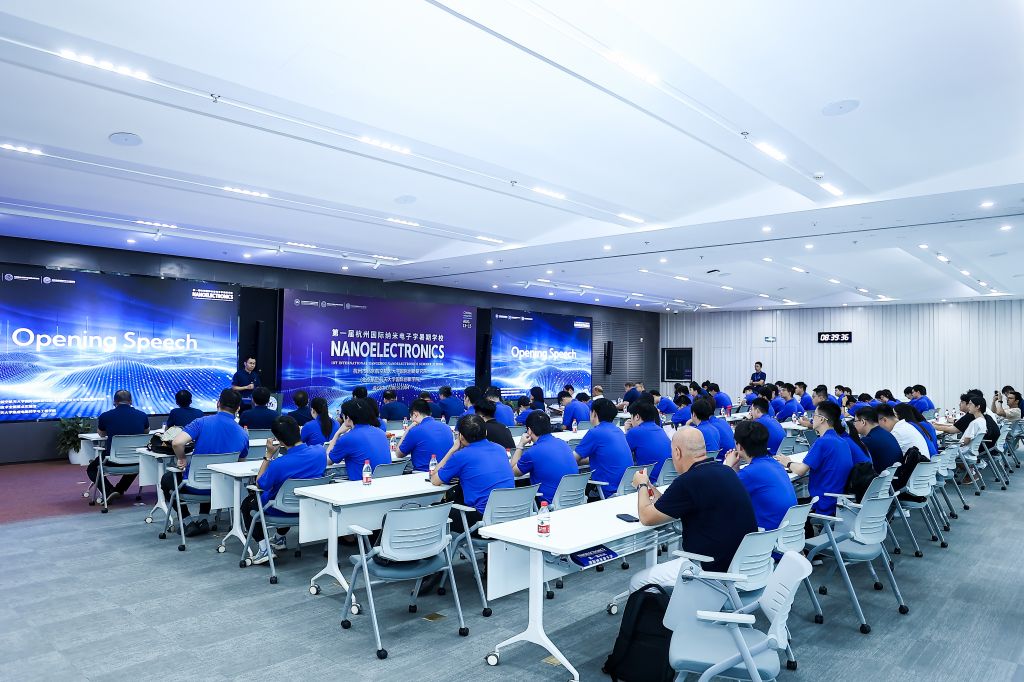
The summer school set up courses around three themes: Materials, Devices, and Circuits. Top experts and scholars from China, South Korea, Malaysia, Vietnam, China's Hong Kong SAR, and other countries and regions were invited to give lectures on nanofilm physics, magnetic-storage devices, and MEMS sensors, and the design of low-power circuits and MRAM circuits. Through systematic coursework and in-depth communication, participants grasped the latest development trends in nanoelectronics and gained inspiration through intellectual exchange with experts and peers.
Professor Mohamad SAWAN, Fellow of the Canadian Academy of Engineering and the Royal Society of Canada, outlined the development of high-performance neuromorphic processors. Professor Xu Yongbing, Director of the National Key Laboratory of Spintronics at Nanjing University, reviewed the GMR effect of metal multilayer films and the spintronics properties of two-dimensional magnetic materials and provided an outlook on the two respects. Professor Liu Qihang from Southern University of Science and Technology detailed the novel physics of alter-magnetic materials. Professor Maohai XIE from the University of Hong Kong discussed the growth and preparation of thin films from thermodynamics and molecular-dynamics viewpoints. Professor Liu Zewen from Tsinghua University explored the development and research progress of high-performance MEMS sensors based on two-dimensional electron gases. Professor Lei Na from Beihang University gave a step-by-step introduction to the fundamentals of magnetic materials. Professor Lin Weiwei from Southeast University presented theoretical models of current-driven magnetic switching. Associate Professor Wang Yan from Hefei University of Technology discussed computing and applications enabled by memristors and flash memory. Associate Professor Jiang Chengpeng from H3I reviewed the development of neuromorphic devices built on semiconductor materials. Professor Jongsun PARK from Korea University explained the architecture and application of MRAM circuits. Associate Professor Fakhrul Zaman ROKHANI from UPM summarized the design of high-performance communication chips. Associate Professor Li Yongfu from Shanghai Jiao Tong University showcased his innovative work related to medical functional imaging.
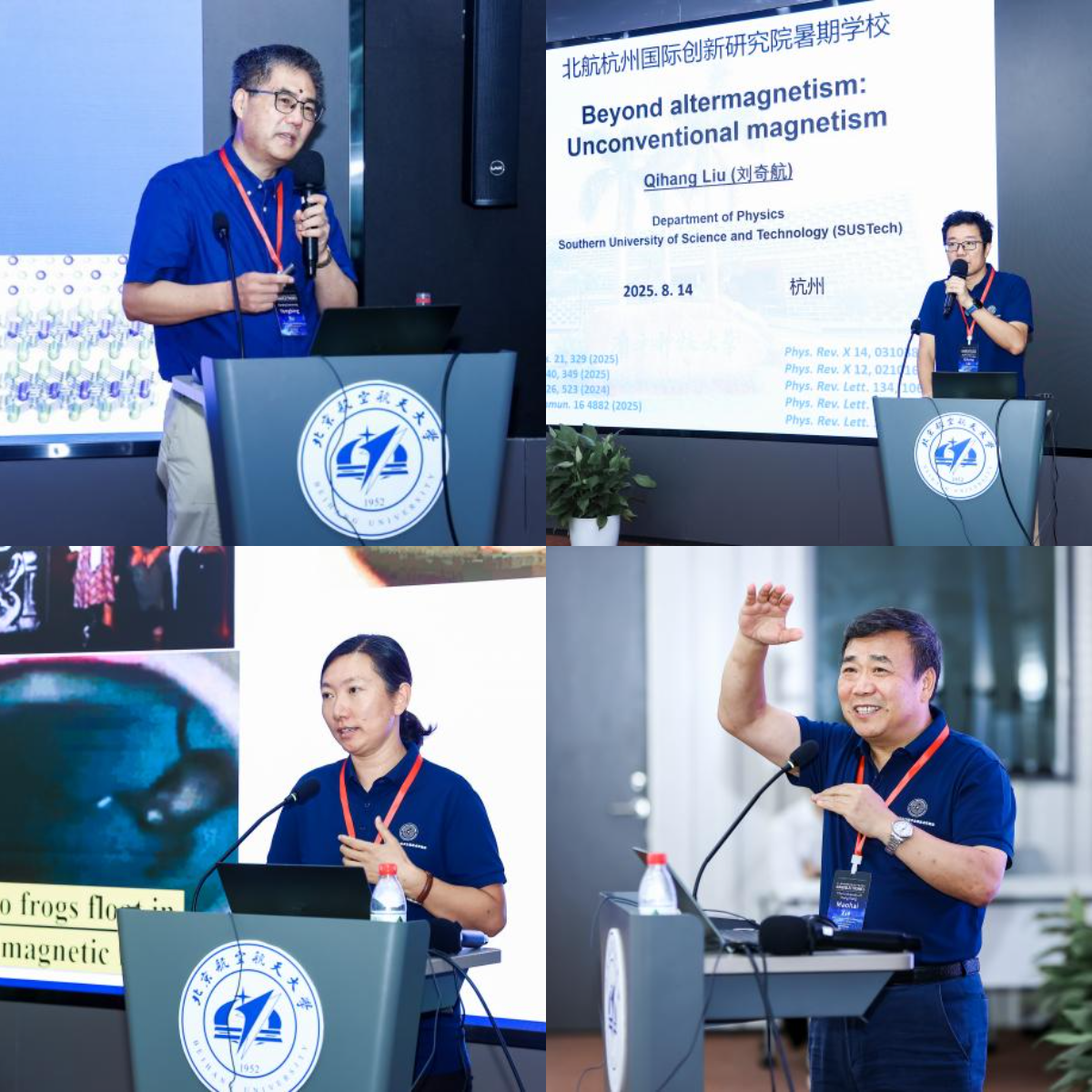
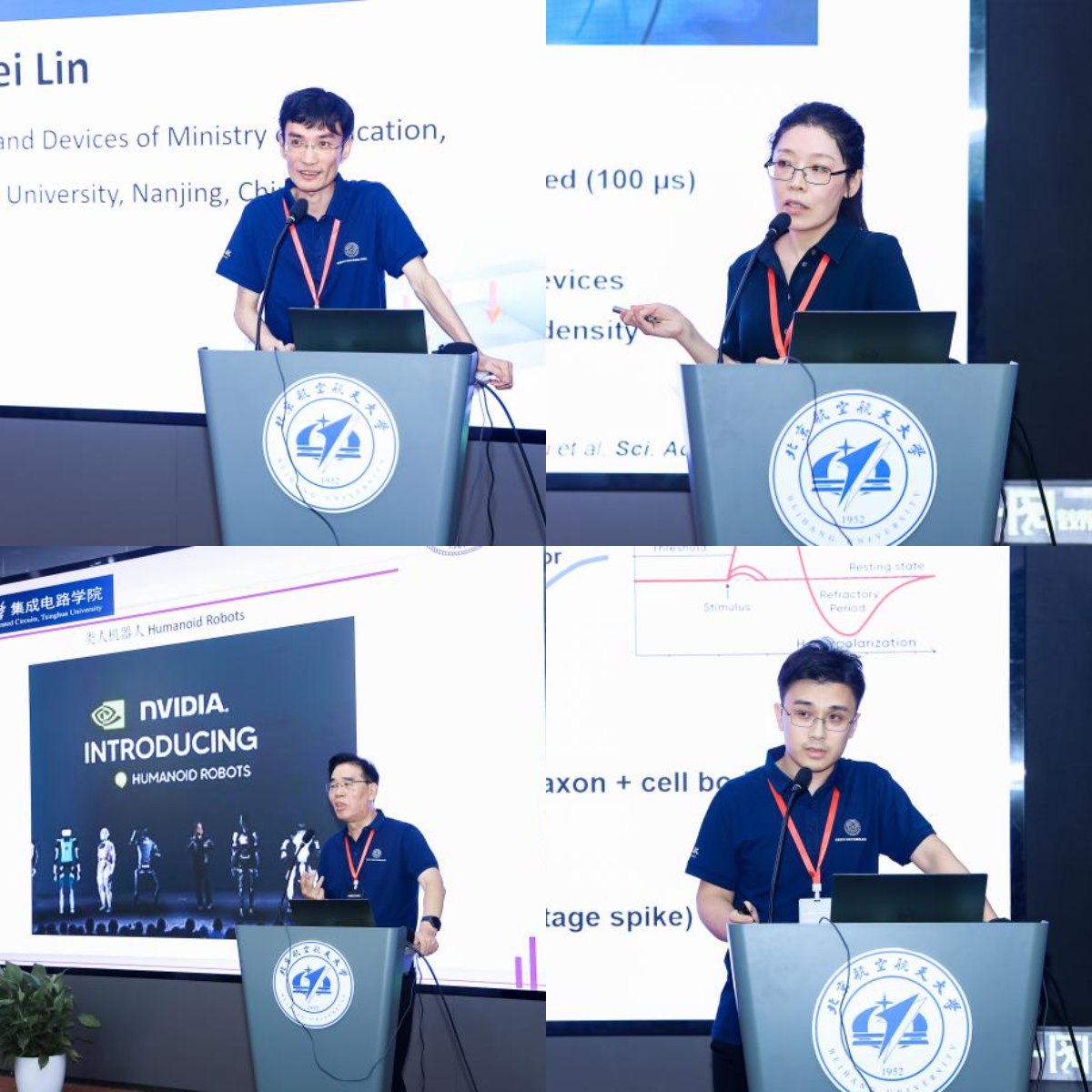
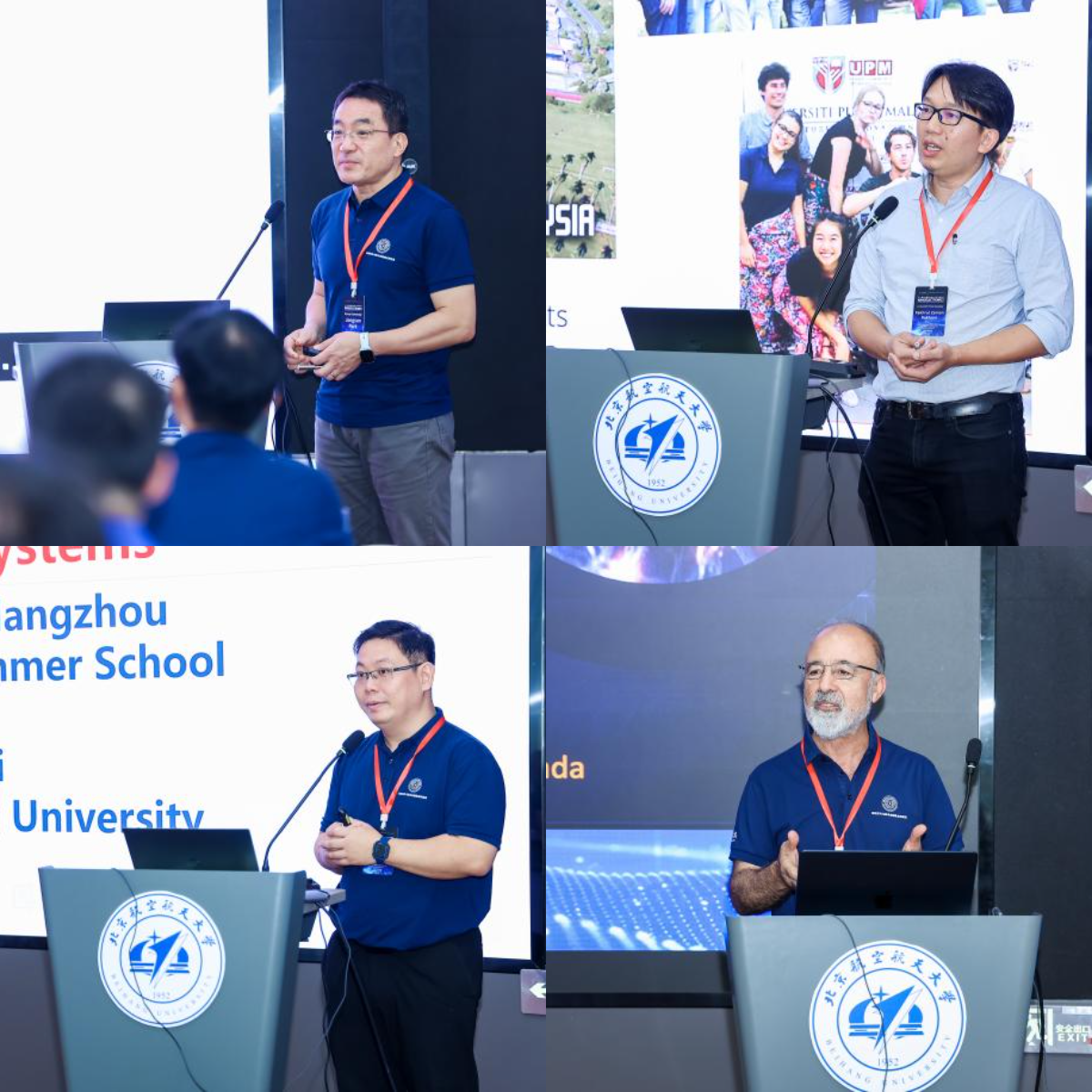
Throughout August, academic activities surged in Hangzhou. The three-day summer school, which featured themed lectures, faculty-student interactions, open seminars, and laboratory visits, provided young scholars and students with opportunities for face-to-face exchange with the world's leading industry experts, promoting the convergence of academic ideas and laying the foundation for future cooperation.
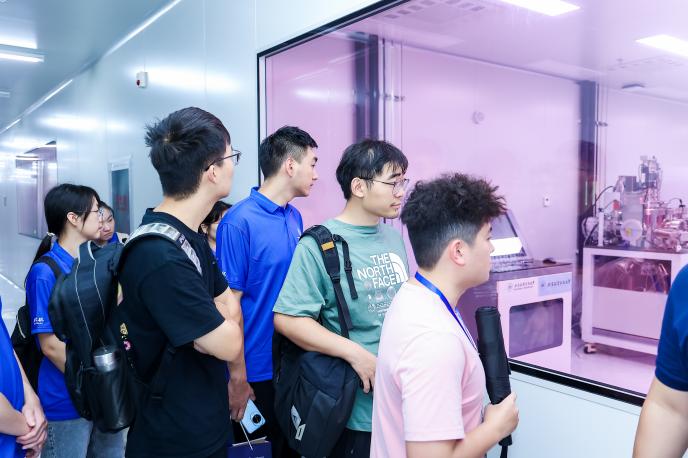
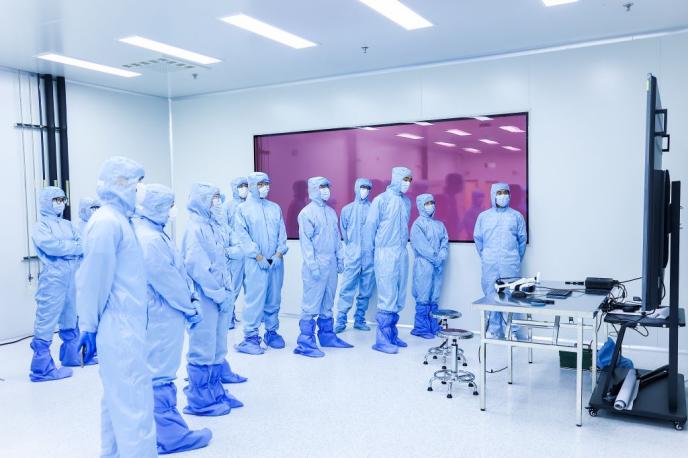
Approved by Dong Zhuoning, Zhang Wei, Xu Ran
Edited by Yuan Xiaohui

